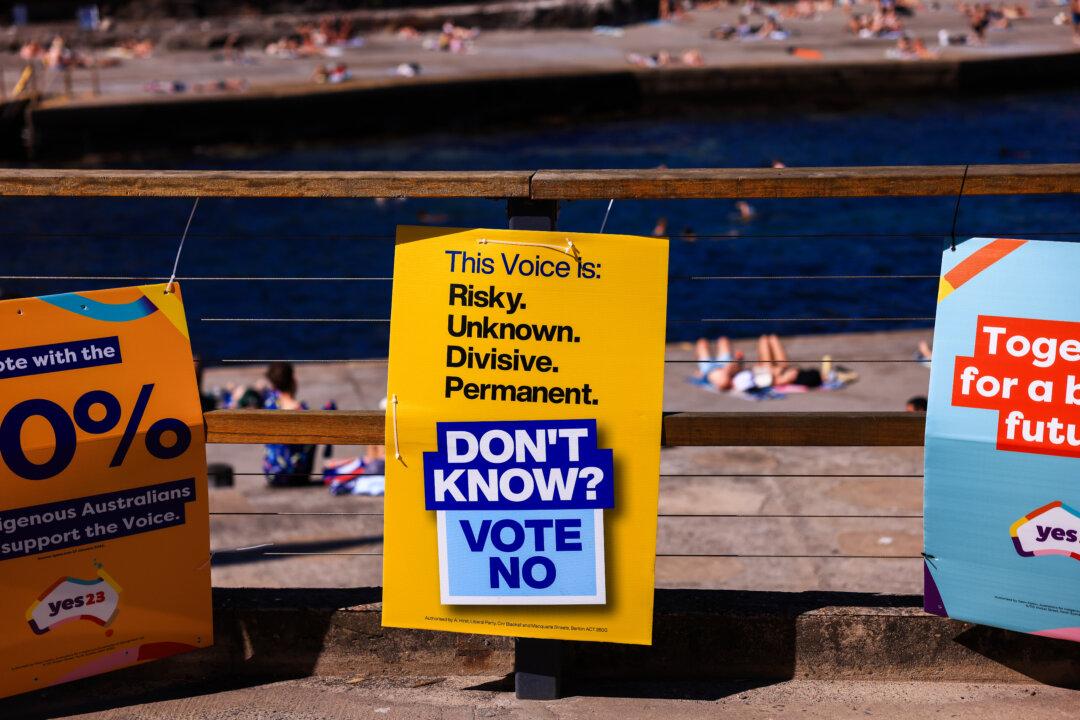Many of Australia’s top corporations were the largest donors to the Yes campaign for the Voice referendum in 2023, new data has shown.
The Australian Electoral Commission (AEC) has released details of the donations made and received by lobby groups and various parties involved in the Voice referendum.





